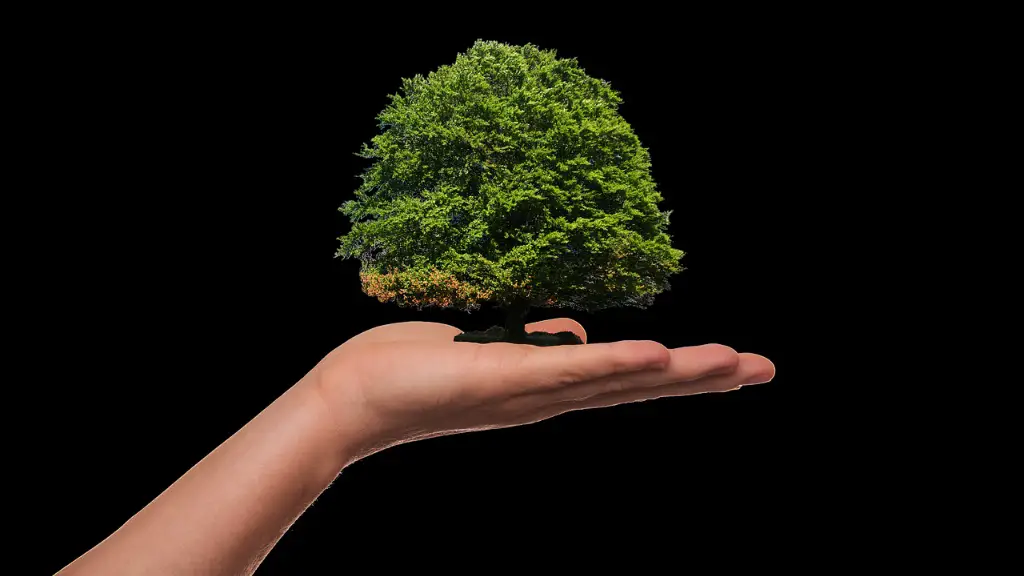The phenomenon of global warming is one of the most serious issues facing the planet today. In particular, Africa has been identified as particularly vulnerable to the effects of climate change. This article will explore what some of the causes of global warming in Africa are, and the potential positive and negative implications they have.
A prominent cause of global warming in Africa is from the burning of fossil fuels. This burning releases large amounts of carbon dioxide and other pollutants in the atmosphere, leading to an increase in temperatures worldwide. Additionally, with population growth in Africa, the demand for energy has risen significantly. This demand has led to increased economies of scale, resulting in the establishment of larger, more efficient and powerful industrial facilities that emit more pollutants into the atmosphere. This further exacerbates global warming by increasing the levels of carbon dioxide and other pollutants.
Another major factor contributing to global warming in Africa is land-based activities, particularly deforestation. The loss of vegetation in Africa due to human activities has led to a decrease in the capacity of ecosystems to absorb and store carbon dioxide. As a result, more carbon dioxide is released into the atmosphere, leading to higher temperatures. In addition, construction activities and urbanization have also contributed to global warming in Africa, as these processes have led to increases in the levels of air pollution.
Global warming can, however, have both positive and negative implications for Africa. In terms of the negative implications, it is evident that the effects of global warming will further worsen other existing environmental, economic and social problems in the region. For instance, the increased temperatures, droughts and floods will lead to food insecurity, as most of the agricultural production in Africa relies on rainfall. Additionally, the increased atmospheric temperatures will also lead to the spread of diseases and heat waves, creating additional burden on the already fragile health care system in the region.
On the other hand, it is suggested that global warming may offer several potential benefits to Africa. For instance, with the introduction of renewable energy sources, such as solar and wind, countries in Africa may be able to generate their own energy in a more sustainable and reliable way. This will then lead to the establishment of wider and more stable economies, thus providing increased job opportunities and improved access to healthcare, education and other services. Additionally, a warmer climate might also potentially bring with it more favorable agricultural yields due to the favourable changes in CO2 levels. This can lead to increased food production and access to more stable, nutritous diets.
Although the effects of global warming in Africa can be both positive and negative, it is clear that in general, the effects of global warming will be more acute for the region. The current trends of global warming suggest that temperatures are only likely to proceed rising. For this reason, it is important for African governments to take proactive and effective steps to address global warming in the region. This includes increased investment in renewable energy sources, encouragment of energy efficiency, as well as protection and promotion of sustainable resource management. Without such action, global warming in Africa is likely to cause catastrophic and serious socio-economic problems in the region. Thus, an urgency to tackle climate change is required in order to ensure the health and wellbeing of the African population in the future.

